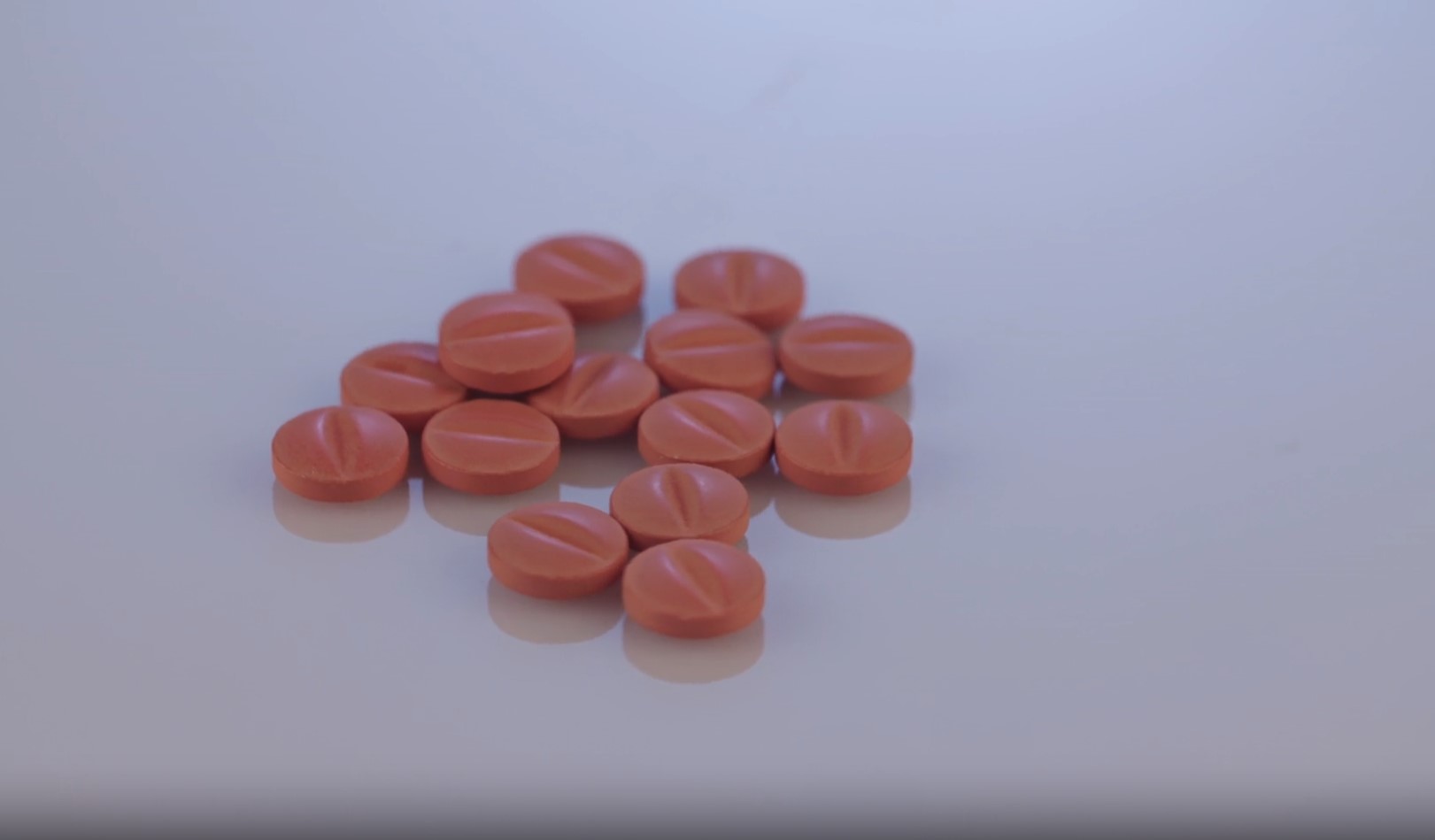Steroids, also known as corticosteroids, are commonly used and prescribed medications. Yet, many people may not be fully aware of what they are, how they work, and the potential side effects they may cause, especially concerning mental health.
The truth is they can affect mental disorders, particularly bipolar disorder, so in the following paragraphs, we’re going to look into more details on this matter.
They increase the levels of certain neurotransmitters in the brain that are involved in mood regulation, such as dopamine and serotonin. This surge can lead to heightened mood and energy levels, akin to a manic episode. But, once steroid use is stopped, the sudden drop in these neurotransmitters can lead to a depressive state. When this is the case we talk about Medication-induced bipolar disorder. Medication-induced bipolar disorder is the term used to describe when a medication directly causes mania, hypomania, or a significant depressive episode. Imagine filling a balloon with air (steroid use) and then suddenly letting it all out (cessation); the rapid change in size mirrors the swift mood transitions seen with steroid use. Steroids can cross the blood-brain barrier, a filtering mechanism of the capillaries that carry blood to the brain and spinal cord tissue, blocking the passage of certain substances. Once in the brain, steroids can cause a range of neuropsychiatric effects, including mood swings, confusion, and even psychosis. The exact mechanism through which steroids affect mood and behavior is not fully understood, but it is believed to involve alterations in the brain’s chemistry and functioning. Did you know? Steroid dosages taken by users can be up to 100 times the natural testosterone levels produced by the body, significantly increasing the risk of psychiatric effects. Research reveal that individuals with bipolar disorder who use steroids are more likely to experience more frequent and severe manic and depressive episodes. For example, a survey found that approximately 30% of steroid users with pre-existing mental health issues reported an intensification of their symptoms post-steroid use. Clinical studies provide real evidence of the relationship between steroid use and bipolar disorder. Some individuals with no history of psychiatric disorders develop mania or depression after taking steroids. Also, those with pre-existing mental health conditions, including bipolar disorder, may experience a worsening of their symptoms when prescribed these medications. A study published in the journal “Psychosomatics” found that among patients taking corticosteroids, about 6% experienced severe mania or depression. Another research article in “The American Journal of Psychiatry” reported similar findings, noting that the risk of psychiatric side effects varies with the dose and duration of steroid therapy. Another study conducted at King Abdulaziz Medical City in Riyadh also revealed a significant link between prolonged oral corticosteroid use and the emergence of mental disorders. This study analyzed the health records of 3,138 patients who were prescribed oral corticosteroids for more than 28 days. Alarmingly, 142 of these individuals developed mental health issues, underscoring a clear association between extended corticosteroid treatment and psychiatric complications. The findings indicate anxiety as the most prevalent condition, followed by psychological sexual dysfunction and depressive disorders, pointing to a varied impact on mental well-being. A noteworthy detail is that gender, age, and specific corticosteroid type significantly affect the likelihood of experiencing psychiatric side effects, with prednisolone being the most frequently implicated medication. The prevalence of mental disorders among the studied group was 5.5%, aligning with global incidences ranging from 2% to 60%. Particularly telling is the gender disparity in psychological sexual dysfunction, predominantly affecting male patients, revealing nuanced dimensions of corticosteroid-induced mental health challenges. The percentage of individuals affected by severe psychiatric reactions to steroids may seem small, but the actual number is significant given the millions of people prescribed these drugs annually. It’s necessary to consider individual susceptibility factors, such as genetic predisposition and previous psychiatric history, which can significantly influence the likelihood of developing such side effects.Key Takeaways
How Steroids Affect the Brain?
How are Steroids and Bipolar Disorder Connected?
What Clinical Studies Says?
What this actually mean?
In simpler terms, steroids can mess with the brain’s normal functioning and they do so by changing the levels of certain chemicals that the brain uses to send messages.
Think of the brain as a network of computers. Steroids can disrupt the network, causing some computers to speed up uncontrollably and others to slow down, leading to mood swings and other psychiatric symptoms.
The Story of Jane Pauley
Jane experienced bipolar disorder which she accidentally revealed by using steroid treatment for a medical ailment. She was suffering from recurrent idiopathic urticaria. and her search for relief brought her to steroids, a common treatment for inflammation.
But she got more and more energetic, experiencing extreme mood swings, after she started using steroids. First off, she thought this was just a side effect of the medicine she was taking, but it was actually a bipolar illness symptom made worse by the usage of steroids.
Her physical illness’s medicine unintentionally set off an emotional rollercoaster that led to the undetected bipolar disorder. Anecdotes like this, while not scientific evidence, show that steroids affect bipolar disorder and we need to talk about it so people can be aware.
What is the solution?
Given the potential for steroids to induce or exacerbate bipolar disorder, careful screening and monitoring are paramount. Physicians prescribing steroids should be vigilant for signs of psychiatric distress and, when possible, opt for the lowest effective dose for the shortest duration.
For patients with a known history of bipolar disorder, alternative treatments should be considered, and if steroids are absolutely necessary, psychiatric medications may be prescribed to mitigate the risk of mood swings.
In cases where steroid-induced psychiatric symptoms do arise, prompt intervention is essential. Adjusting the steroid dosage, discontinuing the drug, or adding psychiatric medications can often alleviate symptoms. The approach must be tailored to the individual, taking into account the underlying condition being treated and the patient’s overall health profile.
FAQs
Conclusion
Steroids are a type of medication that can be beneficial in treating various illnesses, but it’s important to understand both their benefits and potential side effects they can have on mental health before using them regularly. Make sure to discuss the indications with your doctor so that you can make an informed and best possible decision together.
Related Posts:
- Spirit Animals and Birthdays: Find Out Which One Is Yours
- High Functioning Bipolar Disorder - How It Affects…
- What Is Bipolar Disorder: The Highs and Lows of…
- How Can I Improve my Father Daughter Relationship?…
- Can Probiotics Cause Hormonal Imbalance: Balancing Act
- All Disadvantages of Drinking Lemon Water Daily -…
















